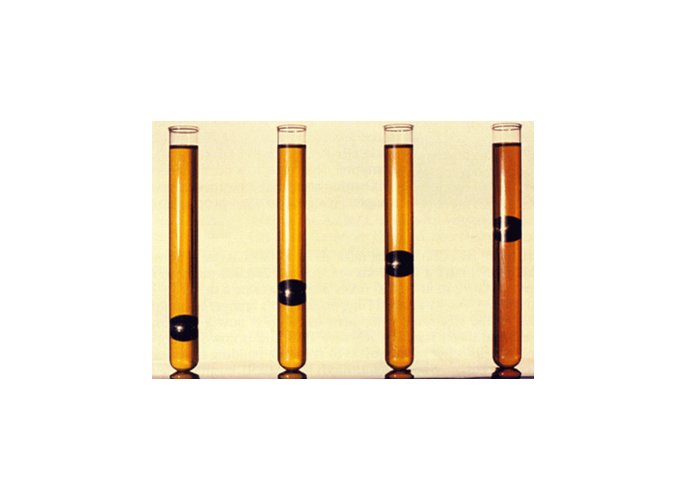Lubricant Properties
Lubricants have a wide range of properties that impact their physical and chemical properties. Knowing about these properties is important in determining which lubricant is best for which situation. While there are many properties, the most important are:

3. Oxidation Stability: Oxidation is a reaction that occurs when oxygen is combined with lubricating oil. Variables such as high temperatures, water and acids will accelerate the rate of oxidation. The life of a lubricant is reduced as temperatures increase, leading to varnish and sludge.
4. Pour Point: The lowest temperature at which a lubricant will flow or pour like a liquid. This can differ depending on test conditions.
5. Demulsibility: The ability of a lubricant to separate from water.
While there are other properties to consider when choosing a lubricant, these are often considered the most important.
Read More:
